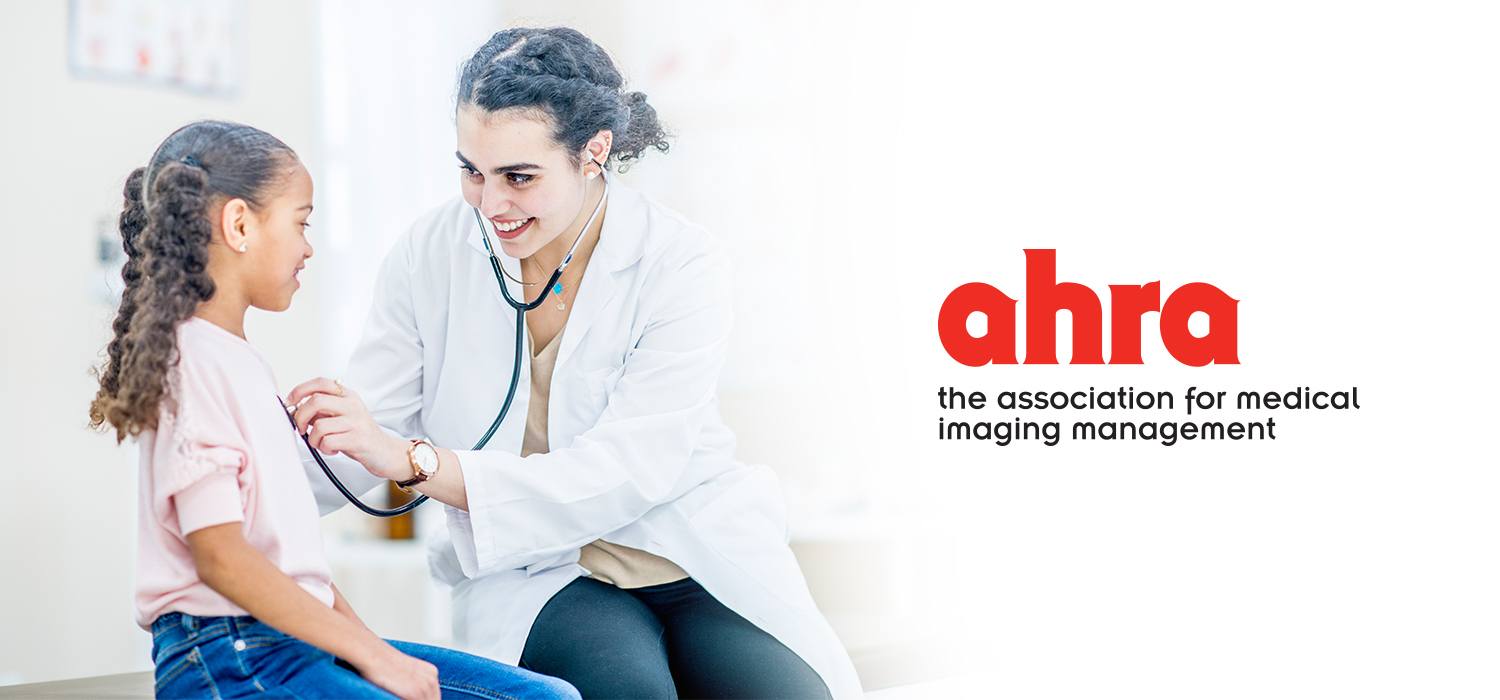
Putting Patients First
AHRA & Canon Medical Systems Putting Patients First Grants Enhance Safety in Imaging
The AHRA & Canon Medical Systems Putting Patients First program seeks to improve patient care and safety in diagnostic imaging for pediatrics and adults through offering grants to fund programs, trainings and seminars at local hospitals and imaging centers. The winning grant programs are selected by the AHRA and are dedicated to improving patient care and developing best imaging practices in the areas of CT, MR, Ultrasound and X-ray.
The Putting Patients First Program provides six grants of up to $7,500 each to hospitals and imaging centers and an additional grant of up to $10,000 to an Integrated Delivery Network (IDN) to fund programs, trainings or seminars aimed at improving patient care and safety in CT, MR, Ultrasound, X-ray and Vascular imaging. Three of the $7,500 grants are awarded for projects that improve pediatric imaging, while the other three are awarded for projects that improve overall patient care and safety in imaging. The grant of up to $10,000 is awarded to an IDN or hospital system for projects that improve overall patient care and safety in imaging across the IDN/hospital system.
2018 Grant Recipients Include:
The IDN grant has been awarded to:
- Einstein Healthcare Network (Philadelphia, Pa.) will create an advanced software solution with automatic detection of intracranial hemorrhage on non-contrast CT brain images to reduce the time it takes to generate preliminary or final reports by the radiologist, allowing them to prioritize their workflow and analyze the most acute examinations first to improve patient care.
Pediatric grants have been awarded to:
- Lexington Medical Center (Lexington, Neb.), a Critical Access Hospital, will be able to offer more sustainable forms of pediatric patient immobilization through the purchase of immobilization systems, allowing technologists to better position patients in a fashion that is safer for the patient, technologist and additional bystanders by preventing unnecessary exposure to radiation.
- Nemours Children’s Hospital (Orlando, Fla.) will be able to reduce sedation and costs while minimizing time in pediatric MRI scanning through the use of two new MRI mini models and play based therapy.
Overall patient care and safety grants have been awarded to:
- University of Maryland Medical Center (Baltimore, Md.) will be able to provide an Electronic Patient Tracking Board and Waiting Room Care Card to patients and their loved ones to improve comfort and reduce anxiety by educating them on the phases of care they can expect to receive while they are in the hospital for an outpatient interventional procedure.
- Inova Alexandria Hospital (Alexandria, Va.) will advance patient comfort and safety in mammography by investing in a Hausted Mammography/Biopsy chair which includes a hydraulic base to raise a wider range of patients to the necessary height to perform the exam and accommodate patients that become distressed during the invasive procedure.
Oncology grants have been awarded to:
- CARTI Cancer Center (Conway, Ark.) will be able to help improve patient clinical pathway with point-of-care lab testing, thanks to the purchase of their own I-Stat unit, a lightweight device that checks patients’ lab work and allows CARTI’s imaging technologists to deliver more accurate results prior to CT and MRI scans.
- University of South Florida Morsani College of Medicine / Tampa General Hospital (Tampa, Fla.) will initiate a study to test the effectiveness of 3D printing on patient understanding of their diagnosis of pancreatic cancer and help improve management of the condition.



